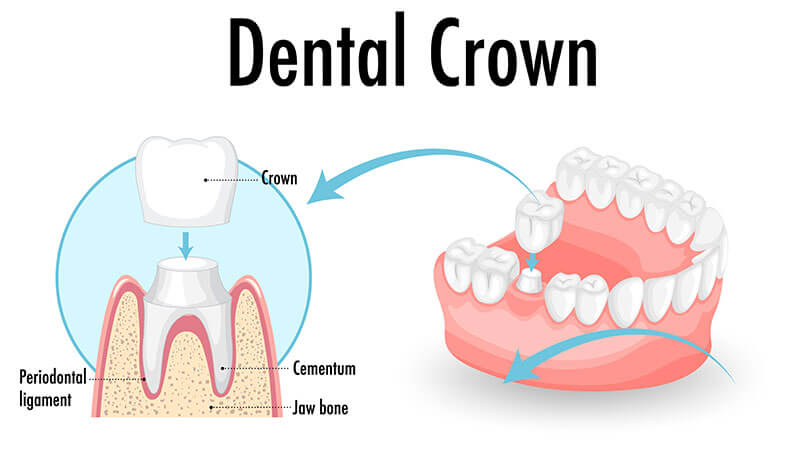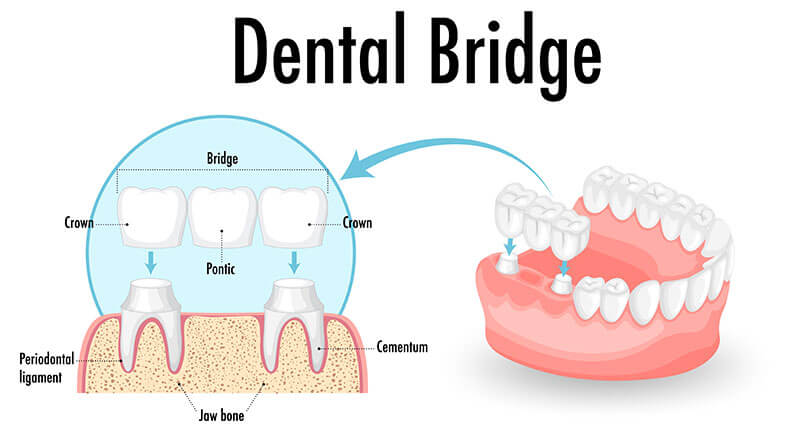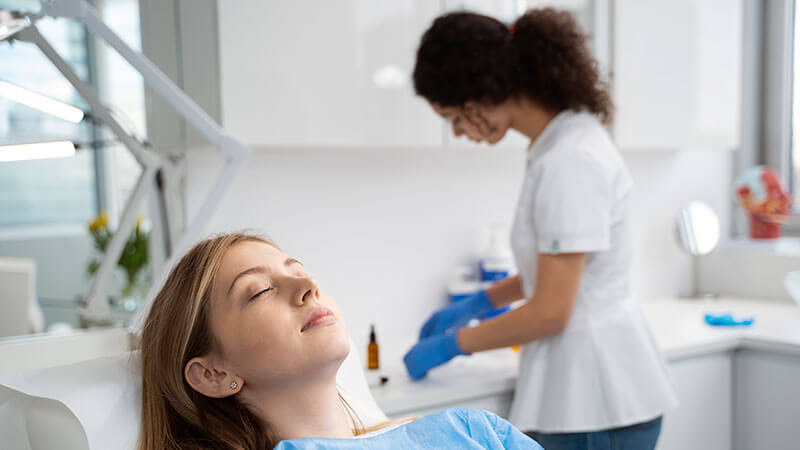General Dentistry
Book your dental check-up at our London clinic
Gallions Reach offers a range of general dentistry and dental check-up services to both private and NHS patients across South-East London, Kent, and Surrey. Patients who choose Gallions Reach for their dental check-ups and general dentistry requirements can expect to be treated by highly qualified dentists and support staff in a superbly refurbished dental practice featuring the very latest dental technology. Whether you are eligible for free dental treatment on the NHS or wish to sign-up with us as a private patient, you can expect the same high standards of care that we offer to everyone who joins our practice.


NHS Exempt dental treatments
If you qualify for FREE dental treatment on the NHS, we are your local centre for:
- Check-ups
- Cleaning / scaling
- Fillings
- Crowns
- Dentures
- Extractions
Drop in or call our reception for more information: 020 8312 3363
More than just a dental hygiene visit – Our hygienist also provides
education and advice on how to maintain healthy teeth and gums for that perfect smile.
Dental hygiene
Dental hygienists play a vital part in preventive dental health and treating gum disease – showing you correct home care and helping to keep your teeth and gums healthy.
Our hygienist:
- Provides professional cleaning for your teeth
- Handles cosmetic treatments such as teeth whitening
- Gives advice on diet and preventing dental decay
- Works alongside your dentist to give you care tailored to your specific needs.
We strongly recommend that you undergo scaling/cleaning with a hygienist at least twice a year, alongside regular dental check-ups. Appointments here are available on Mondays, Wednesdays and every other Thursday and last from 45 minutes. You can also purchase dental care products recommended by the hygienist at the Gallions Reach Dental reception.
Fillings
If you have old silver (amalgam) fillings in your back teeth, or need a new one because of decay, white composite/resin fillings are an excellent option. They are very strong and, as they can be colour-matched to your own teeth, virtually invisible. Your dentist simply moulds the filling into place and then bonds it with a special curing light.
For larger fillings, we often recommend porcelain inlays or onlays. Made of reinforced dental grade ceramic material, they are highly durable and can actually strengthen the structure of the tooth. In the dental laboratory, each one is precisely colour-matched, hand moulded into a precise model of your tooth, then cemented into your actual tooth at your next appointment.
Dental bonding
Bonding is a modern technique to rebuild chipped or damaged teeth. It involves carefully moulding into shape an advanced, tooth-coloured composite material before setting it with a high-intensity light.
Crowns, bridges and dentures
Dental Crowns and Bridges
We use dental crowns and bridges to replace either single broken teeth, multiple broken teeth (with dental crowns) or missing teeth (dental bridges).
Most modern crowns are made from porcelain. The dental crowns are bonded to the underlying tooth structure to increase their strength. The porcelain is sometimes backed with metal to further increase the strength or to link crowns together when creating a bridge.
Your dentist might prescribe a crown either because an existing tooth is badly broken, decayed or missing.
- During a ‘preparation’ appointment, the dentist will prepare your tooth, or those either side if there’s a space, and take a dental impression
- We send this to a dental laboratory, where a technician will manufacture a new crown to fit over the top of your prepared tooth. This replaces all of the missing or broken tooth and brings everything back to full contour
- We will give you a temporary crown while your new one is being made, during which time (typically 2 to 3 weeks) you’ll need to avoid strongly coloured food, which might stain the temporary, and also chewing anything sticky (like toffee) that might dislodge it.
Dental crowns rarely give any trouble, they are very strong and do not discolour.

Bridges
Although the ‘old-fashioned’ way to replace missing teeth, bridges and dentures are still – in many cases – a serviceable and generally less expensive alternative to implant work.
- Dental bridges – sometimes called fixed partial dentures – act as a restorative bridge across smaller gaps on the same side of your mouth
- They are made to be permanent by cementing or bonding an artificial tooth (created using gold, alloys or porcelain) to natural teeth, teeth prepared with crowns, or implants next to the space. The teeth prepared on either side act as supports for the false tooth or teeth between them
- Because bridges are a permanent fixture, they can only be removed by a dentist. To keep the bridge strong and clean, you should make the health of your supporting teeth a priority
- We could use a bridge to replace missing teeth where the retaining teeth already have some restorations (fillings). However where the adjacent teeth are sound, the space would more often be filled with an implant-retained restoration.
Partial Dentures
Partial dentures replace multiple missing teeth and are made to be removable. They are easier to adjust and repair than bridges, usually less expensive and can fill gaps on both sides of your mouth.
- We construct a partial denture by fixing the replacement teeth to a moulded plate, usually made of pink acrylic to mimic your gums. A metal framework of clasps or precision attachments connect the plate to your natural teeth
- Adjusting to eating and speaking with a partial denture can take a bit of getting used to
- Learning how to insert, remove, and clean partial dentures also takes some time, but we offer plenty of tips and instructions to help you in this process.

Extractions
We understand that having a tooth removed can be an upsetting and anxious time and, wherever possible, we always try and save your natural teeth. However when a tooth extraction is needed – either because of damage, disease or to facilitate the treatment you have come to us for in the first place – we are fully resourced to operate. With minimum fuss and maximum care and sensitivity.
Sedation
We always have this option available to you for tooth removals (for more information, please see our Sedation page below).
Wisdom teeth
If you have been referred to us because of problems with your wisdom teeth (i.e. how – or if – they are coming through), our specialist oral surgeons will treat you. Following an x-ray to establish precisely what is happening with these teeth, we will discuss the procedure with you and – with your agreement – perform any necessary removals.
The bonding material closely mimics the way your own teeth react and respond to the light around them, allowing us to recreate the damaged part of your tooth very naturally. Frequently not even requiring a dental injection, the procedure is generally completely painless and can often be undertaken in one appointment (which, of course, cuts down the cost).

Sedation
Conscious sedation
Conscious sedation is a very safe technique which puts you into a highly controllable sedated state. We give you a precisely calculated dose as a drink which will make you feel physically relaxed, drowsy and worry free. In all likelihood you will be unaware of the treatment happening and probably won’t even remember it. However the fact that you are still conscious throughout both enables you to co-operate and respond to our instructions, which makes this a particularly safe form of anaesthesia.
For longer, more complex or potentially uncomfortable procedures our anaesthetist will be available to administer and monitor a much deeper level of sedation, if required. In this way, you never need worry about ‘waking up’ during the procedure.
Please be aware that it might take some time for the effects of your sedation to wear off completely, and that you are legally required to have someone escort you home after treatment.
Private & NHS Dental Check-Ups in London
Whether you are a private or NHS patient requiring a dental check-up or any of our general dentistry treatments, please get in touch with our support staff to arrange an appointment. Patients travel to us from across South-East London including Greenwich, Bexley, Bromley, Dartford, Barking & Dagenham, for our high standard of patient care in a warm and welcoming environment.
